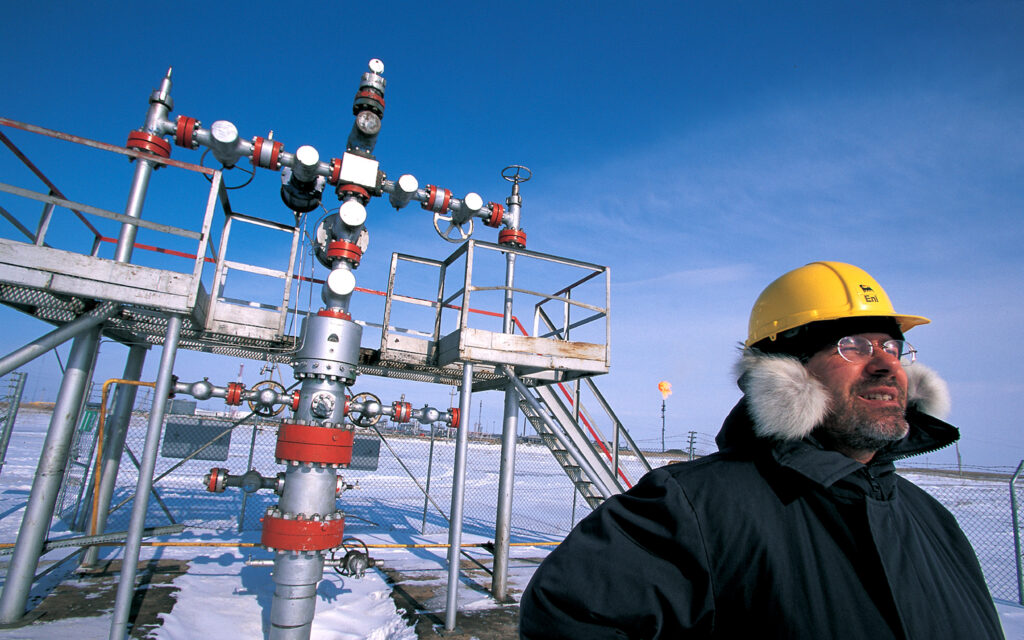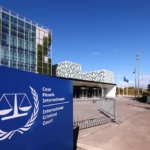Kazakhstan has raised its arbitration claims against the international oil majors that developed the Kashagan oilfield to more than $150 billion. This figure jumped after the Kazakhstan government added a claim for as much as $138 billion, reflecting the calculation of the value of oil production that was promised to the government but not delivered by the field developers. The offshore Kashagan field, one of the biggest discoveries in recent decades, is being developed by Eni, Shell, TotalEnergies, ExxonMobil, KazMunayGas, Inpex, and CNPC. Their consortium, called the North Caspian Operating Company (NCOC), has invested some $50 billion in the project.
According to Bloomberg, NCOC has a number of disputes concerning the application of certain provisions of the Kashagan production sharing agreement that are subject to arbitration. The contracting companies consider that they have acted in accordance with that contract, according to NCOC’s statement. The legal wrangling underscores the risks for foreign companies operating in the former Soviet Union state and is one of many court battles between the international majors and the government.
Kazakhstan’s energy minister said last year it was pressing ahead with $16.5 billion in claims against the consortium over disputed project costs and had no plans for a possible out-of-court settlement. However, the energy ministry said on Wednesday it was not authorized to disclose the details of arbitration claims. “This is an exclusively commercial disagreement which the sides are going to resolve within the arbitration framework,” it said.
Eni confirmed that Kazakh authorities had commenced an arbitration procedure against the consortium partners and terms of the arbitration were confidential. “Whilst we are reviewing the complex allegations, we do not believe (as a general comment) the basis for the claims or the specific amounts of compensation requested to be reasonably substantiated or credible,” Eni said.
The legal disputes stem from a range of issues, including delays, technical difficulties, cost overruns, and environmental rules. The disputes are related to production costs, sulfur storage, revenue sharing, and geological conditions. The consortium partners have faced challenges with plateau in production and poisonous gas.
This commercial disagreement highlights the importance of production-sharing agreements and the need for legal frameworks that accommodate disputes. The consortium partners have invested heavily in the project, and the government is seeking compensation for lost revenue. However, the basis for the claims and the specific amounts of compensation requested are still under review by the companies.








